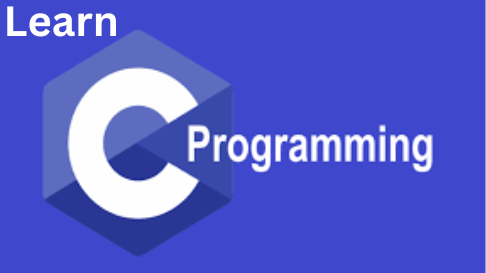Comments in C
Comments in the C programming language are a valuable tool for programmers to enhance the clarity and understanding of their code. They provide a means to annotate code with human-readable explanations, instructions, and documentation. In this 1000-word exploration, we will delve into the significance of comments in C, the types of comments available, and best practices for effectively using them.
Why Are Comments Important in C?
1.Documentation: Comments act as documentation within your code, explaining its functionality, purpose, and design. This documentation is invaluable for both you and other developers who may need to work with or maintain the code in the future.
2.Clarity: Comments make your code more transparent by providing context and explanations for complex algorithms, data structures, or logic. This enhances code readability, making it easier to understand and debug.
3.Communication: Comments enable effective communication among team members. They convey your intentions, provide guidelines for usage, and highlight potential issues or considerations that others should be aware of when working with the code
.
4.Debugging:During the debugging process, comments can serve as temporary placeholders for code sections that are causing issues. You can comment out problematic code to isolate and fix problems without deleting it entirely.
c#include <stdio.h>
int main() {// This is a single-line comment
printf("Hello, World!\n");return 0; }c#include <stdio.h>
int main() {
/*
This is a multi-line comment.
It can span multiple lines.
*/
printf("Hello, World!\n");
return 0;
}1. Clarity and Conciseness:Write comments that are clear, concise, and to the point. Avoid using overly technical language or jargon that might confuse readers. Aim for comments that enhance understanding without being verbose.
2. Consistency:Maintain a consistent commenting style throughout your codebase. Whether you choose single-line or multi-line comments, ensure that your formatting, language choices, and comment placement remain uniform.
3. Updating Comments: Regularly update comments as you modify code. Outdated comments can mislead developers and lead to misunderstandings. Keeping comments up-to-date ensures they remain a reliable source of information.
4. Avoiding Redundancy: Avoid repeating information that is already evident from the code itself. Comments should provide additional context or explain non-obvious aspects of the code.
5. Commenting Edge Cases:Include comments for edge cases, unusual solutions, or workarounds. These comments highlight areas of the code that might be prone to confusion or errors.
Examples of Effective Comments in C
Let's explore some examples of how effective comments can be used in C code:Here are some examples of well-written comments in C:
c#include <stdio.h>
// Function to calculate the factorial of a non-negative integer.
int factorial(int n) {
if (n <= 1) {
// Base case: factorial of 0 or 1 is 1.
return 1;
} else {
// Recursive case: n! = n * (n-1)!
return n * factorial(n - 1);
}
}
int main() {
// Initialize variables
int num1 = 5; // First number
int num2 = 7; // Second number
// Calculate and print the sum
int sum = num1 + num2;
printf("The sum is: %d\n", sum);
return 0;
}In the above examples, comments provide explanations of the code's purpose, logic, and special considerations.
.png)

.png)
.png)
.png)

0 Comments